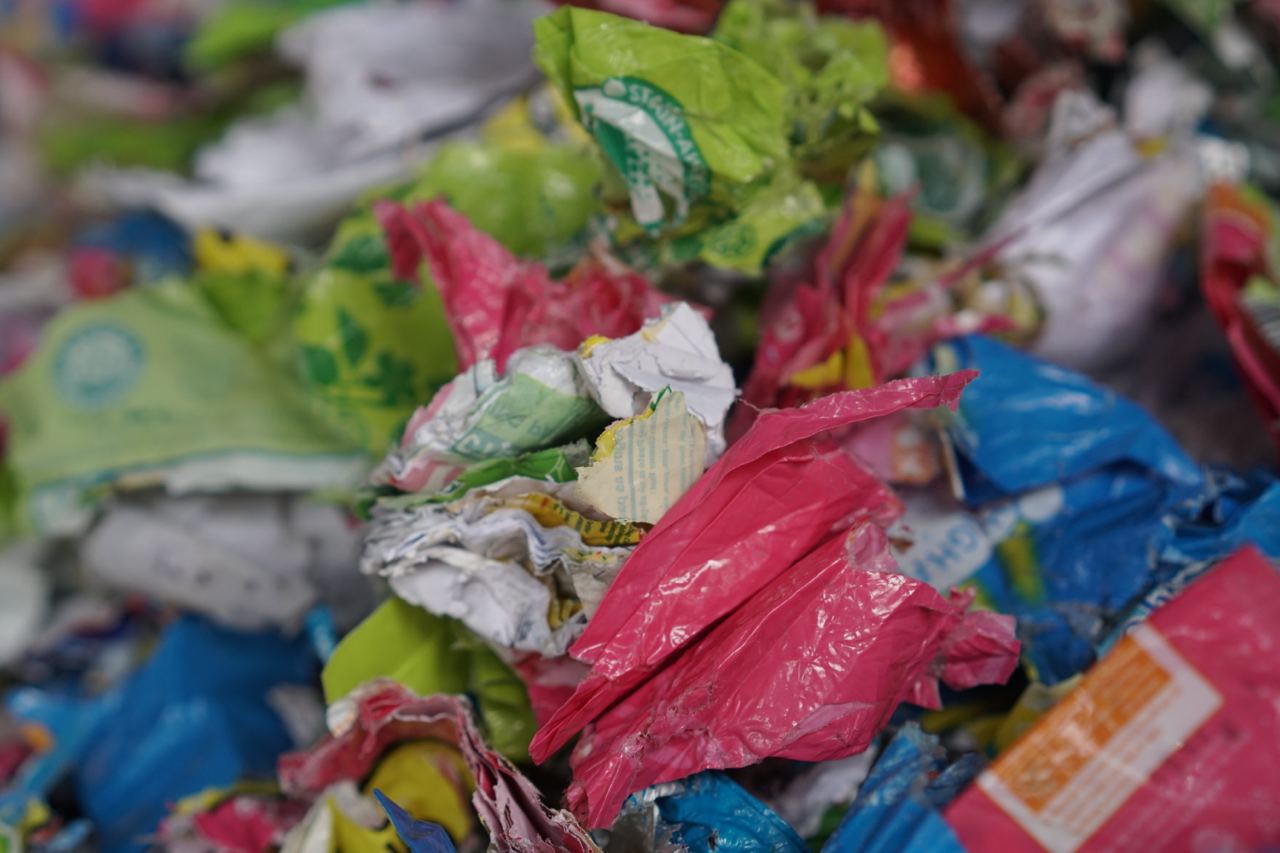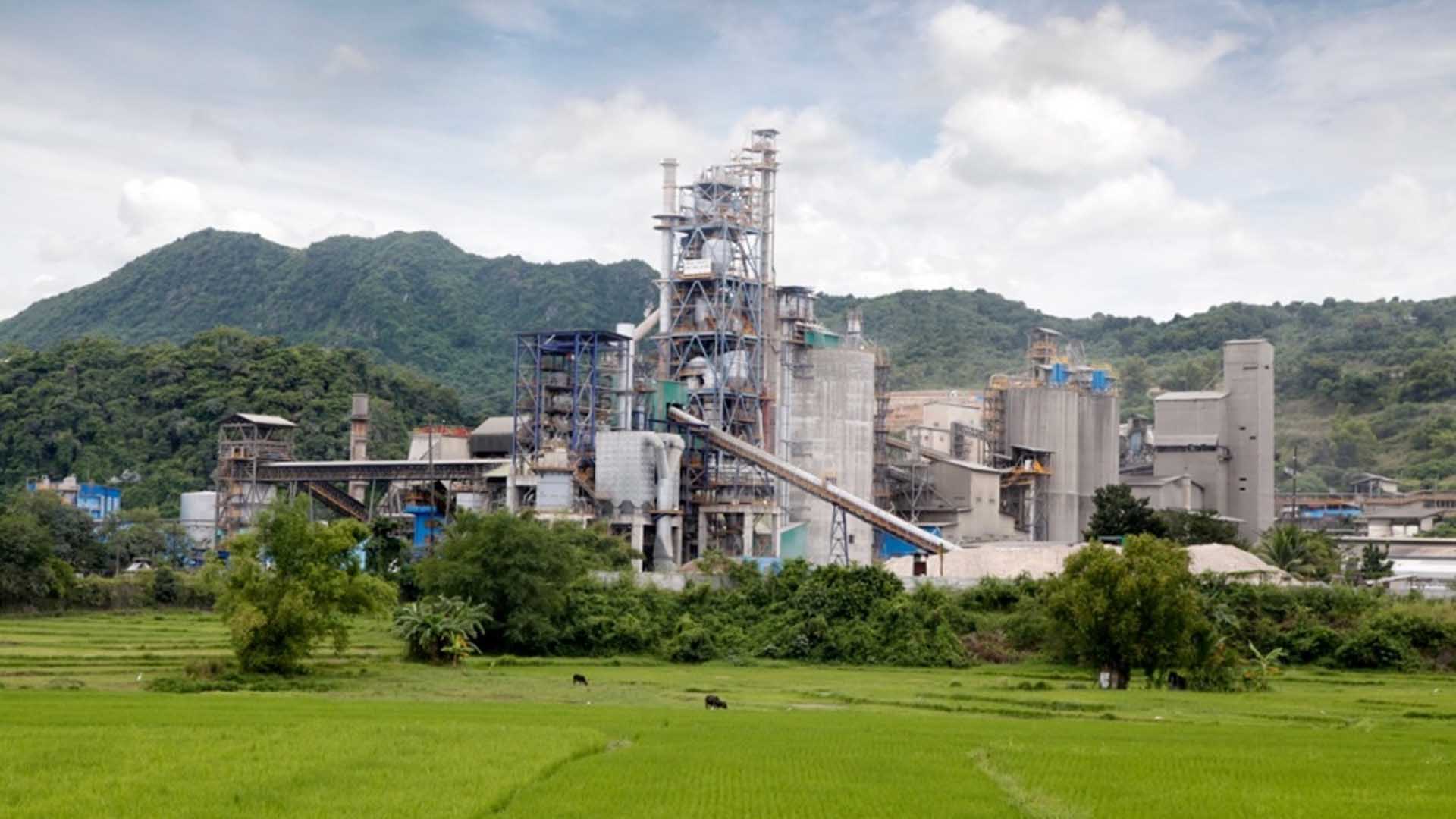Proudly local cement manufacturer Republic Cement is normally on the other end of the plastic neutrality conversation. As a company that has integrated co-processing into its manufacturing operations, Republic Cement provides plastic neutrality solutions to organizations in both the public and private sectors. Today, Republic Cement is proud to announce that the company has achieved plastic neutrality, in addition to helping other companies achieve the same.
Republic Cement, through ecoloop, its official resource recovery group, pioneered the use of alternative fuel in Philippine cement manufacturing through co-processing over 20 years ago. Co-processing is reuse or recovery of thermal and mineral properties of qualified waste materials, such as residual plastic or rice husk, as alternative fuels. Through co-processing, Republic can manufacture cement with reduced dependence on fossil fuels, such as coal. This process is also unique to cement manufacturers since the high temperatures used in the manufacture of cement allow for alternative fuels to be completely consumed, with any waste byproduct fully integrated into the final output.
“Republic Cement started ecoloop almost 20 years ago with the goal of embedding sustainability in our value chain through the use of alternative fuels,” shared ecoloop Director Angela Edralin-Valencia. “Today, we are proud to share that we have achieved the plastic neutrality within our own company, offsetting the plastic materials that go into our packaging through co-processed residual plastic waste.”
By collecting and co-processing the equivalent volume of residual plastic waste as what used in the packaging and transport of its cement products, Republic has been able to offset its plastic packaging footprint for 2020 to 2022 year-to-date. This is equivalent to over 890 dump trucks filled with plastic waste.
Co-processing supports the public sector by supporting solid waste management initiatives and supports manufacturers in the private sector in recovering the plastic used in their operations “Co-processing is one of the best solutions available for diverting end-of-life plastics from landfills and waterways,” says Republic Cement CEO Roman Menz. “Especially with the recently passed Extended Producer Responsibility (EPR) Law of 2022, co-processing provides a globally recognized method that companies can use to not only comply with the law but also realize their sustainability and plastic neutrality vision.”

To date, Republic Cement has helped a number of Filipino manufacturers and conglomerates reach their plastic neutrality goals, including Nestlé Philppines, Colgate-Palmolive, Century Pacific Food, Inc., Hope In A Bottle, and Plastic Credit Exchange with its partners Nutri-Asia and Alaska. Republic Cement has also partnered with over 30 local government units in support of their local solid waste management initiatives.
“Republic Cement is very excited to offer co-processing as a solution to more manufacturers and sustainability-focused organizations in the public and private sectors,” Atty. Edralin shares. “Through co-processing, partners will not only be able to comply but also be more responsible corporate citizens by seeing through the plastic used in their products throughout its entire lifecycle.”
For more information on plastic neutrality and how co-processing can help your business comply with the EPR Law, please contact [email protected].







